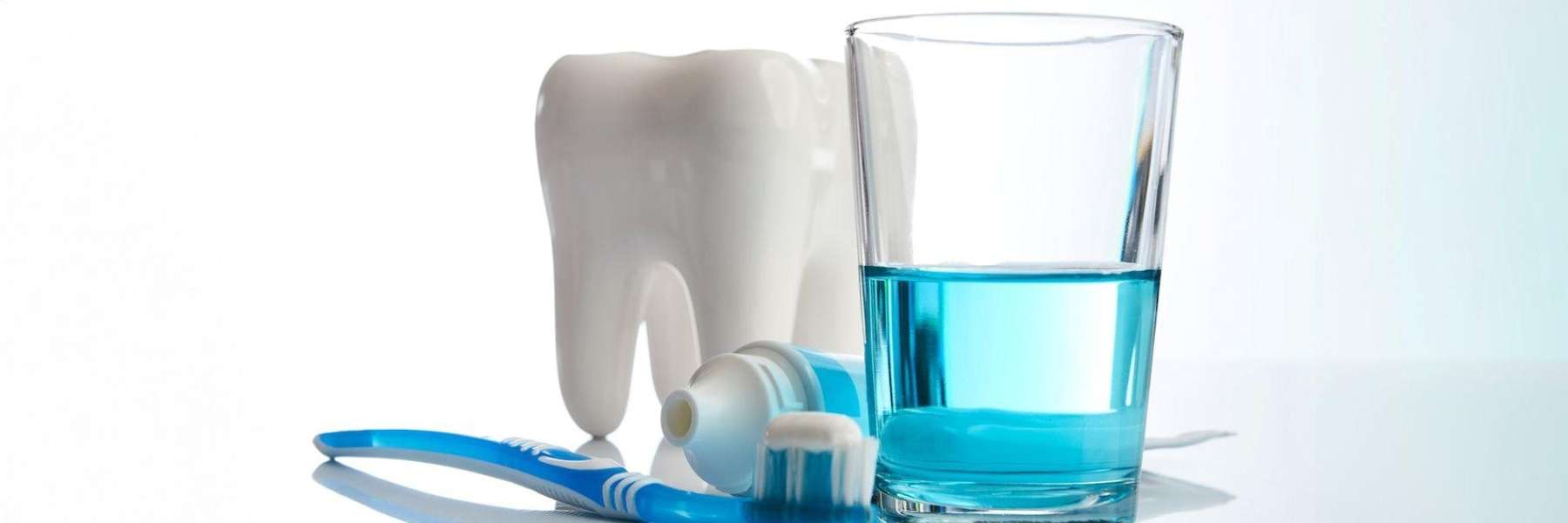
Do you ever feel like you simply can’t fit one more thing into your daily routine? You’re busy with work, school, taking care of your kids and so many other things, right? So, when it comes to your oral hygiene habits, you may think that brushing your teeth is enough.
Maybe you’ve wondered if mouthwash and water flossers really work, but you haven’t tried them.
Let’s take a look at whether these tools are beneficial to your smile.
The Foundation: Why Brushing and Flossing Are Non-Negotiable
You must brush your teeth twice a day for at least two minutes and use dental floss between each tooth at least once a day.
These two habits are the foundation of good oral hygiene and your best defence against tooth decay and gum disease.
Mouthwash: A Powerful Adjunct, But Not a Replacement
Mouthwash is a great way to freshen your breath and reach areas that are difficult for your toothbrush to keep clean. However, it’s important to note that mouthwash is not a replacement for brushing and flossing.
The Two Main Categories of Therapeutic Mouthwash
Mouthwash is an excellent addition to your oral care routine, and there are two different types you may want to consider, based on your specific needs and your dentist’s recommendations.
- Antiseptic mouthwash — The primary function of antiseptic mouthwash is to eliminate bacteria in your mouth. When you kill the harmful bacteria, you decrease your risk for tooth decay and gum disease.
- Fluoride mouthwash — The primary function of fluoride mouthwash is to strengthen your tooth enamel. Fluoride is a mineral that helps prevent cavities and can improve your oral health.
Water Flossers: The Modern Alternative to String Floss
Water flossers have become an increasingly popular option; they use a pulsating stream of water to remove food debris and plaque from between your teeth and along your gumline. They are a great way to rinse your mouth and reach areas that brushing and flossing might miss.
The Pros and Cons of Water Flossers
Water flossers are a fantastic addition to your oral hygiene routine, but they shouldn’t replace traditional brushing and flossing.
Some of the pros of water flossers include:
- They are gentle on your gums.
- They are great for cleaning around braces and implants.
- They reduce plaque at your gumline.
- They are easier for someone with dexterity issues to use.
Some of the cons of water flossers include:
- They are more expensive than regular dental floss.
- They are less portable than floss.
- They can be messy until you learn to use them.
- They require electricity and water.
Crafting Your Perfect Oral Hygiene Routine
Every person is different, so it’s up to you to create the best oral hygiene routine for your smile. At Painfree Dentistry, we’ll work with you to customise a plan that works with your busy schedule.
Our goal is to help you maintain healthy teeth and gums for a lifetime.
Need a Dentist in Parramatta, NSW?
If you’re looking for ways to prevent cavities, our experienced dental team will happily assist you! We can answer your questions and provide tips on keeping your teeth and gums healthy and happy.
Feel free to call us on (02) 9635 5166 to book an appointment.
